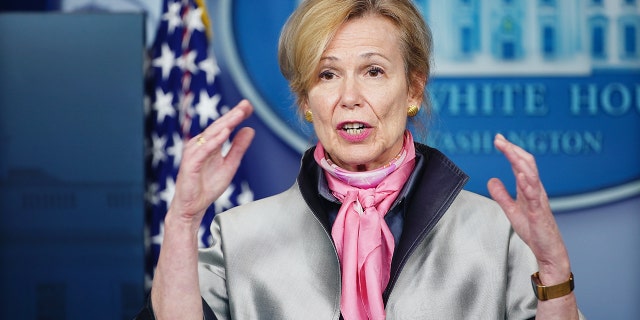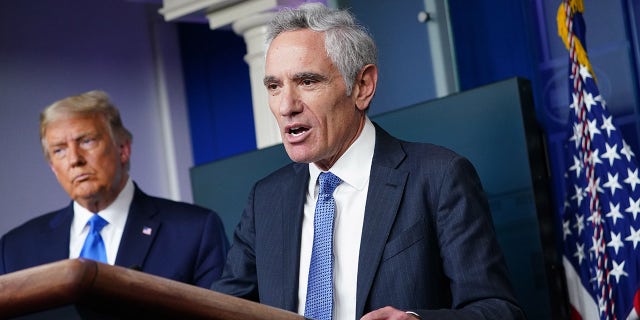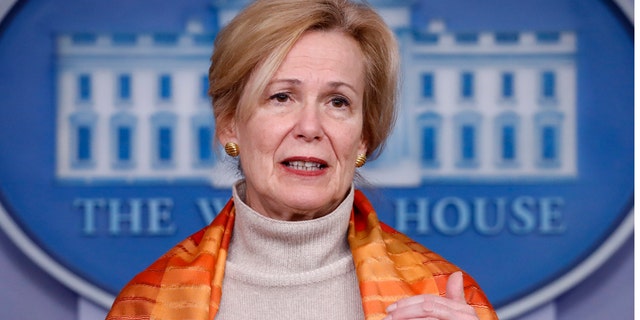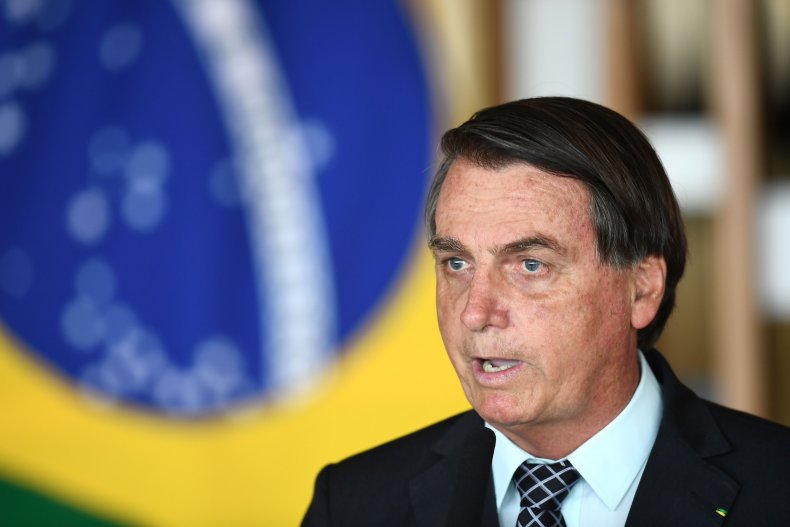
FCC commissioners testify before U.S. Congress in Washington
David Shepardson
Mon, October 25, 2021
WASHINGTON (Reuters) - U.S. President Joe Biden is expected to nominate the acting chair of the Federal Communications Commission to serve another term and designate her as the permanent chair, two people briefed on the matter told Reuters.
Biden tapped Democratic Commissioner Jessica Rosenworcel in January to serve as the acting chair of the five-member telecoms regulator. Biden has waited more than nine months to make nominations for the FCC, which has not been able to address some issues because it currently has one vacancy and is divided 2-2 between Democrats and Republicans.
Rosenworcel will be the first woman designated as the permanent chair of the FCC; Mignon Clyburn in 2013 served as acting FCC chair.
Last month, a group of 25 U.S. senators wrote Biden emphasizing their support for Rosenworcel, a former Senate staffer, to be nominated for a new term and to designate her as the first female permanent chair, saying, "further delays will unnecessarily imperil our shared goal of achieving ubiquitous broadband connectivity."
Rosenworcel and her staff did not respond to requests for comment late Monday on the announcement expected as soon as Tuesday. Without being confirmed to a new term, Rosenworcel would need to leave the FCC at the end of the year.
Politico and Communications Daily reported Biden plans to nominate Gigi Sohn for the open FCC seat. Sohn is a former senior aide to Tom Wheeler, who served as an FCC chair under President Barack Obama, a Democrat.
Sources told Reuters Sohn is under advanced consideration but did not confirm she would be nominated. Sohn declined to comment Monday.
The FCC under Obama adopted net neutrality rules in 2015 that barred internet service providers from blocking or throttling traffic, or offering paid fast lanes.
The protections were overturned in 2017 by the FCC under President Donald Trump, a Republican, over the objections of Rosenworcel and Clyburn.
Rosenworcel in 2017 said the decision put the FCC "on the wrong side of history, the wrong side of the law, and the wrong side of the American public."
Supporters of net neutrality argue the protections ensure a free and open internet. Broadband and telecoms trade groups contend their legal basis from the pre-internet era was outdated and would discourage investment.
Rosenworcel has said the lack of broadband access leads to a “homework gap” for lower income Americans because most teachers assign homework that requires Internet access.
Rosenworcel has overseen the FCC's temporary $3.2 billion broadband subsidy program created by Congress in December that now provides more than 6 million lower-income American households or people impacted by COVID-19 with discounts on monthly internet service and on purchasing laptops or tablet computers.
(Reporting by David Shepardson; Editing by Shri Navaratnam and Christopher Cushing)





















